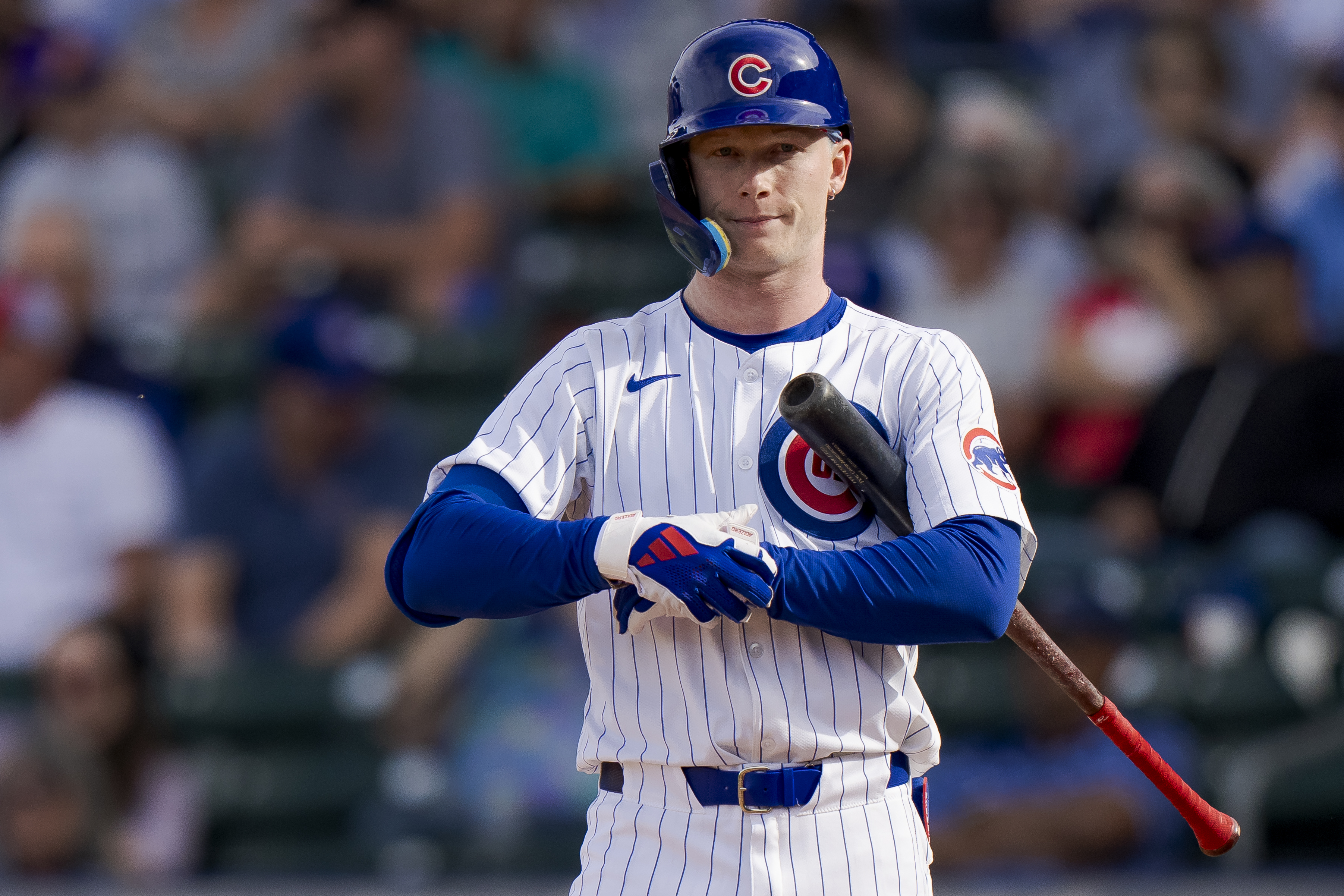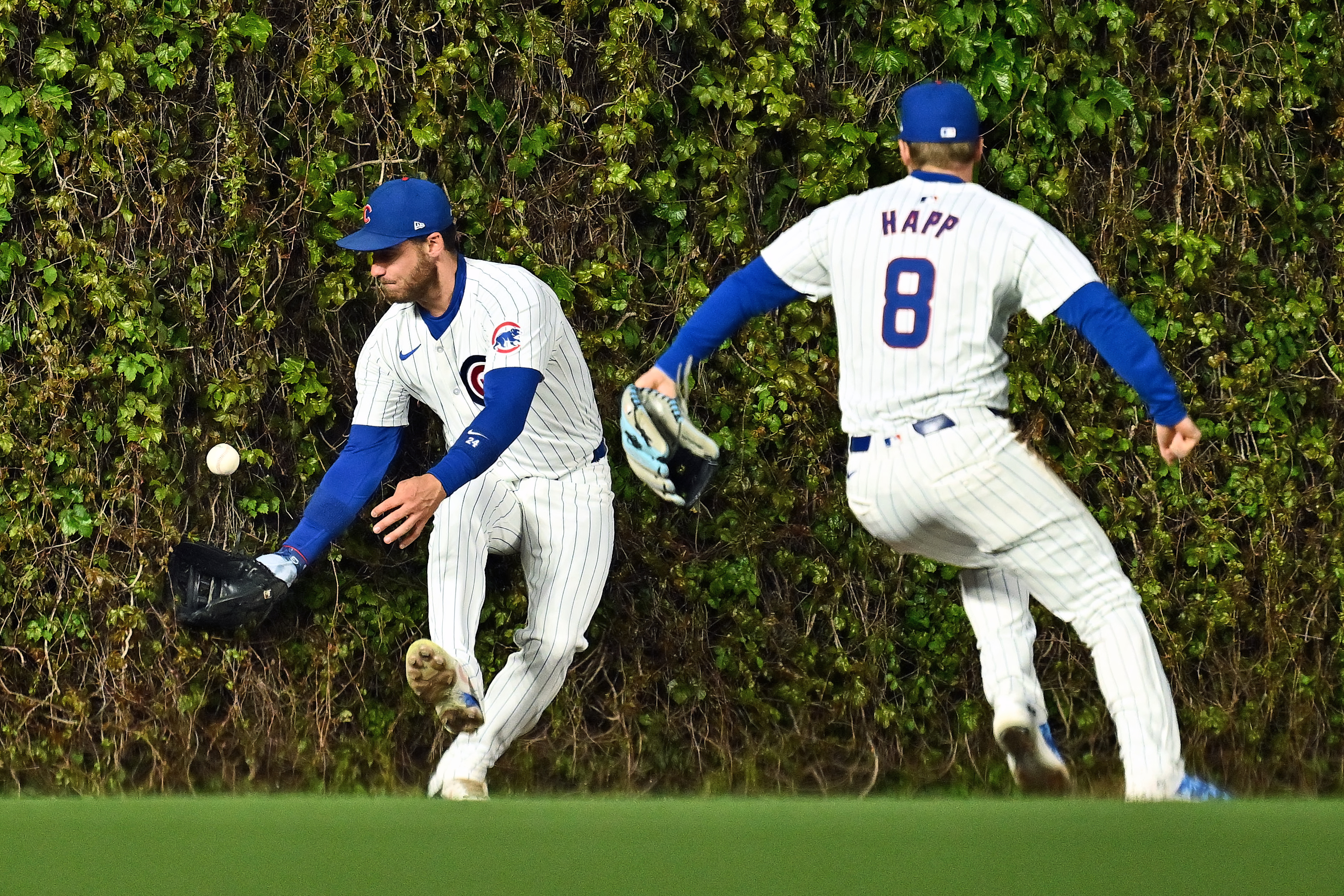
Monday marks a big deadline for baseball fans watching a standoff between Major League Baseball and locked-out players as the regular season is officially in jeopardy.
But where do things stand and what exactly is going on?
Here's a breakdown of what has happened and what is still to come.
What is a lockout and why is it happening?
Feeling out of the loop? We'll catch you up on the Chicago news you need to know. Sign up for the weekly Chicago Catch-Up newsletter here.
MLB is in its first work stoppage in nearly 30 years, when a players’ strike wiped out the end of the 1994 season, including the World Series, and delayed the start of the 1995 season.
“A lockout is a rare step employers take because, in effect, the employer is saying we're going to stop business until we are satisfied that we have resolved this labor dispute,” Gerry Golden, an attorney with Neil Gerber Eisenberg in Chicago who’s practiced labor law for over 40 years, told NBC Sports Chicago.
According to Golden, while employers “generally don’t resort to lockouts,” when they do, it’s deemed to be for “offensive or defensive reasons.”
Chicago Baseball
“In effect, what I think is going on here is that the baseball owners want to control the timing of when the lockout and the cessation of work is going to occur,” Golden said.
The timing of the lockout obviously was calculated. The league implemented it on Dec. 2, right after the last collective bargaining agreement expired. There was no immediate threat for lost games with the scheduled start to spring training months away.
MLB could lift the lockout at any time and continue labor negotiations with the union. Doing so would allow spring training to commence and the season to begin on time.
It also would leave the door open for the union to vote to strike, which is why the lockout is still in place.
What are the biggest issues for each side?
The single biggest issue holding up a baseball labor agreement is the luxury tax.
The Competitive Balance Tax thresholds over the past decade have created payroll caps and also have lowered players’ share of the industry’s revenue.
MLB and the union have so far made progress on a draft lottery, and there is optimism around a potential agreement on the issue, according to multiple reports.
But the two sides have work to do yet on many key issues, including the luxury tax and minimum player salary.
Players have asked for a $245 million threshold this year, rising to $273 million by the final season.
MLB is offering to raise the luxury tax threshold from $210 million last season to $214 million this year, increasing it to $220 million by 2026. Teams also want higher tax rates, which the union says would tend to act like a salary cap.
What has already been delayed by the lockout?
The spring training exhibition slate has already been delayed until at least March 8.
Earlier this month, MLB first announced the first week of spring training games were postponed amid the ongoing lockout.
Cactus League and Grapefruit League openers were scheduled for Feb. 26.
What is happening Monday?
The start of the work week is also MLB's self-imposed deadline for a new labor deal to avoid canceling regular season games.
MLB previously set Feb. 28 as a deadline for an agreement merely for the regular season to start on time.
The spokesperson also says players will not be paid full salaries for the season without a deal by Monday. That could be subject to negotiation or legal action, depending when the lockout ends.
Monday was picked as a deadline because MLB Commissioner Rob Manfred says at least 28 days of training are needed before the season starts. The union has not said whether it agrees, and baseball has shortened spring training to as few as three weeks in the past.
Where do things stand now?
Despite multiple reports characterizing Sunday as a productive day of meetings, MLB and the locked-out players remain "far apart" in negotiations, according to USA Today's Bob Nightengale.
The Athletic's Evan Drellich reports a "large" gap remains between MLB and the union on key issues.
After a "hostile" day of negotiations Saturday, MLB and the union do not formally exchange proposals Sunday. Whether that's a good sign of the two sides trying to find a middle ground is unclear.
Saturday and Sunday are the longest negotiating sessions of the league-implemented lockout, including five sets of meetings Sunday — heading into MLB's self-imposed Monday deadline for a deal to avoid canceling regular season games.
The two sides met Monday. According to multiple reports, there's no set deadline time for an agreement.
MLB reportedly expressed a willingness to cancel a month's worth of games in the Monday meeting, according to The Athletic's Evan Drellich and ESPN's Jeff Passan.



